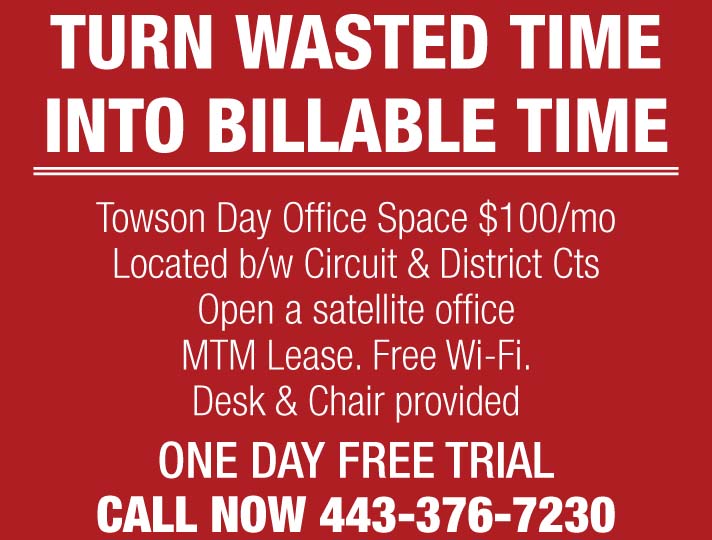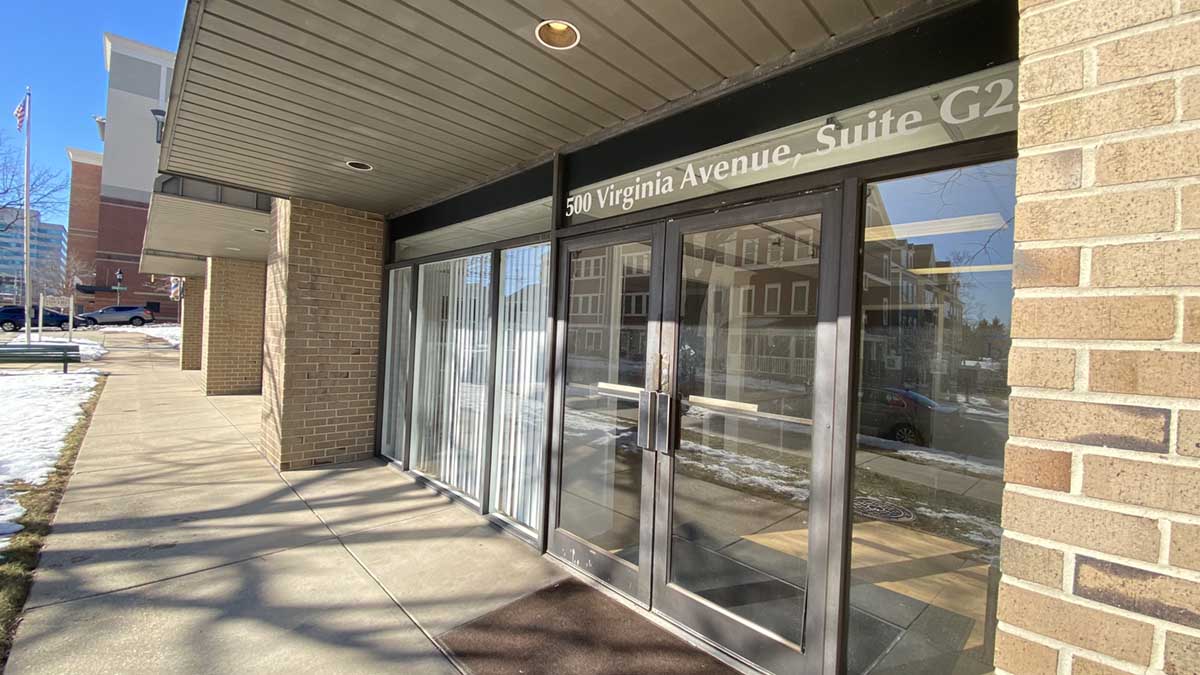443-279-2200
Blog
|
0 Comments
How would rising rates affect REIT investors, or how have they already?
REITs will still be aggressive with Real Estate based on the rules most of their capital must be invested in real estate. Over the last 3-5 years, most REITs were heavily invested in multi-family. Rising rates may affect what sector of the Real Estate market they go after and their exit strategies may lengthen. What about investors who prefer direct ownership? If you prefer direct ownership and have cash, a slight tick in the interest rates should help eliminate competition in acquiring rental properties. Would higher interest rates be a boon for investors who own rental properties if certain buyers are shut out of the market and are forced to rent? It would seem that the obvious answer would be yes, but not necessarily, buyers can still go through Government programs, subject to qualification and purchase homes with 3-5% down. Rise in interest rates, may only bring the purchase price down. Would now be a good time to refinance if you hold a mortgage on an investment property? Again, it depends, are you doing a refinance just to lower your rate? How much is it going to cost you to refinance? Do you want to amortization to start all over again? Are refinancing to pull cash you to purchase another property or grow your portfolio? Then yes, it’s never a bad time to refinance. Would rising rates make it more difficult for an investor to purchase an investment property? I would argue for those who have cash it might help. First, less competition. Second, sellers may take lower offers if the competition shrinks. For those who want to invest and are cash strapped, rising rates may force sellers to lower prices, offer incentives, or even offer seller financing. What do rising rates mean for investors on the commercial side? The answers to previous questions, also apply to commercial investors. However, what will be interesting is: What impact will the lowering of corporate tax rates have on real estate investment especially on the tax credit side? Over the last several years, corporations have invested capital gains in tax credits for both residential and commercial properties. If corporate tax rates are lowered, will corporations see the need to invest in these vehicles? What impact will that have on construction, lending, leasing, and sales? Will corporations return to the market which is much more liquid? House flipping has hit a peak not seen since the financial collapse, largely because of low supply and rising home values. Could rising rates curb the number of investors going the flipping route? I believe the lack of supply will have more of an impact than a rise in rates. Furthermore, as long government back programs that allow buyers to purchase homes with 3-5% down continue , flipping should still be a viable way to make money if the supply is still out there. How can real estate investors create a portfolio hedge against the impact of rising rates? I can’t really advise if investors should hedge their portfolios with stocks, bonds, or other types of securities interests such as futures. However, if you are risk adverse, the best way to hedge against rates in your portfolio is 1) have cash on hand – cash to either buy properties or when needed refinance properties to acquire more to offset losses or maybe even gains. Talk to your tax professional so see if you can qualify as a real estate investor so all your passive income and passive losses can be claimed on your tax returns. Passive income is taxed at a separate rate than capital gains but there are rules that must be followed. 2) Think long term. Holding a property for the long term, which I define as 10 years or more, will automatically hedge your portfolio against rising rates. |
BlogBayview Management Blog Archives
May 2024
Categories |





